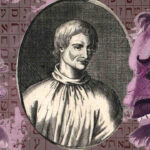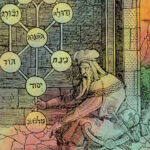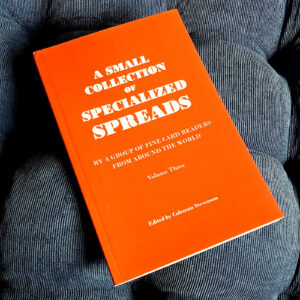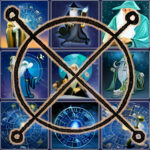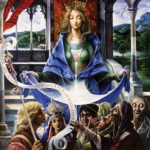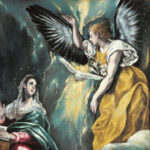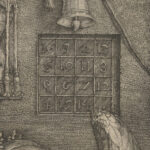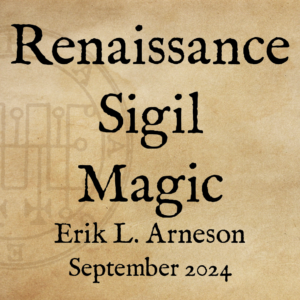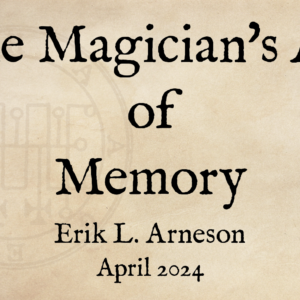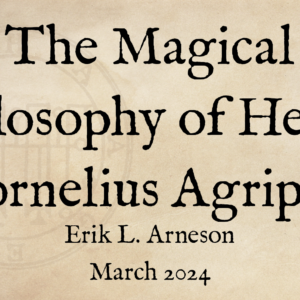
Among the many different paths for reading and interpretive Tarot, you’ll frequently hear mention of intuitive interpretation. While this might sound as if the reader ignores established symbolism and meaning for the cards, this is not really the case. In this episode, I am joined by SaturnVox’s McCalla Ann to discuss her approach to intuitive Tarot.
McCalla Ann is a podcaster, student of Bridal Mysticism, and professional diviner. She runs SaturnVox, a multimedia occult education and divination platform based out of New Orleans.
I think you will find that what McCalla means by “intuitive” is more complex and nuanced than you might expect.
This episode is also the first part of a collaboration that this podcast is having with the SaturnVox podcast. On November 12th—my birthday!—McCalla will be releasing her interview with me on the SaturnVox podcast, where I will go into my model of Tarot divination using the art of memory. Be sure to check it out!
Links
Credits
Support me on Patreon: https://www.patreon.com/arnemancy
t||t.secret||t.message||t.value)&&!/[^a-zA-Z0-9]/.test(t.secret ↩
